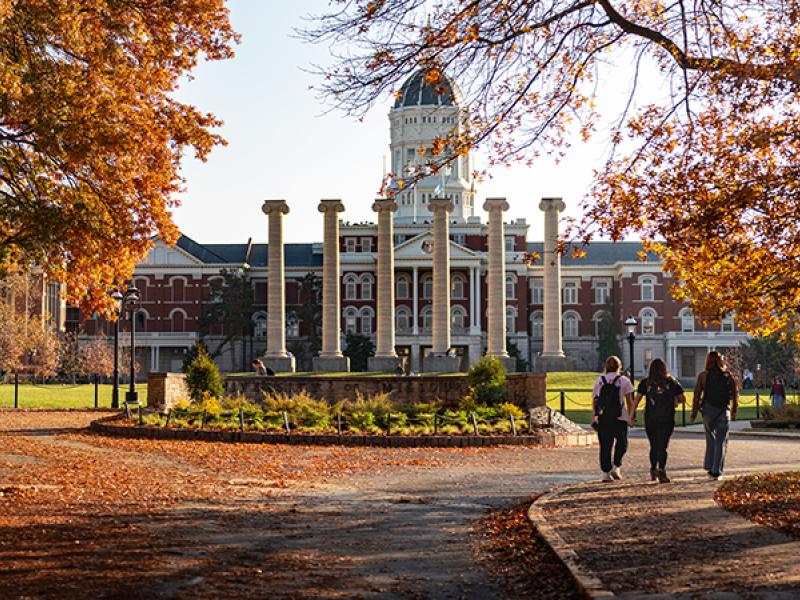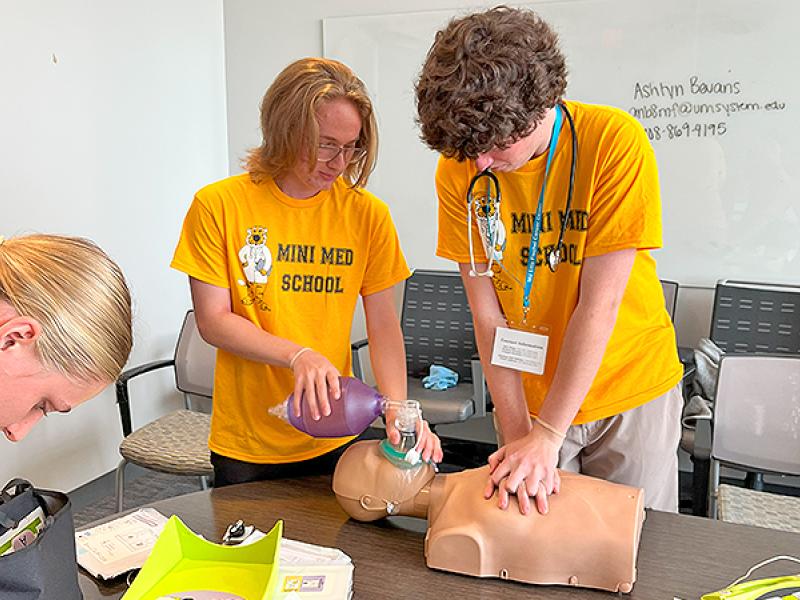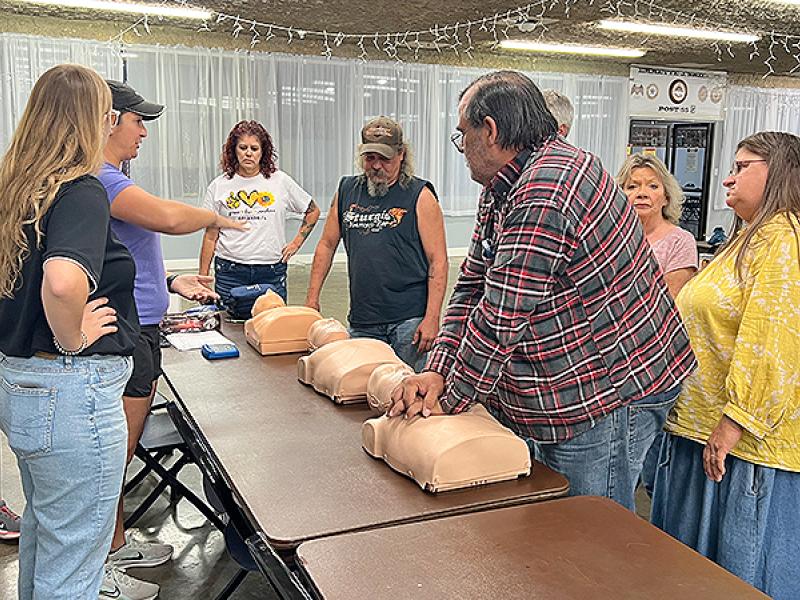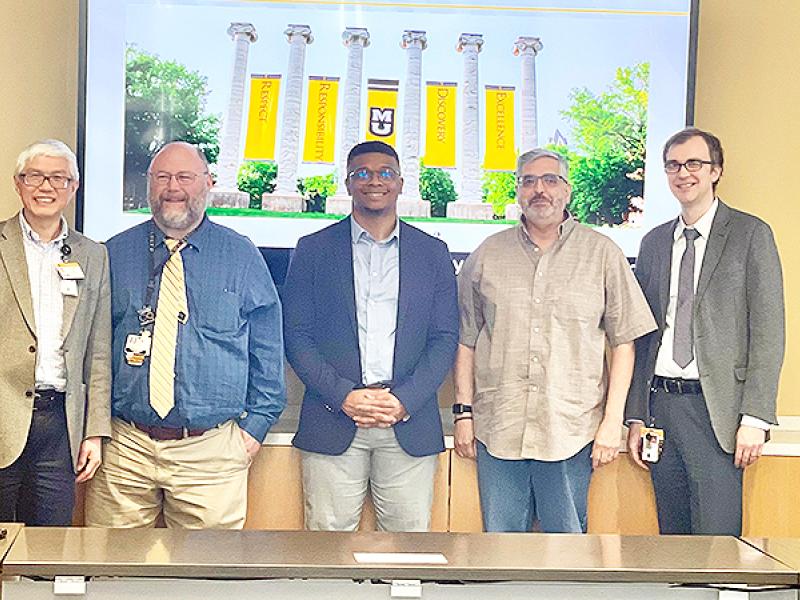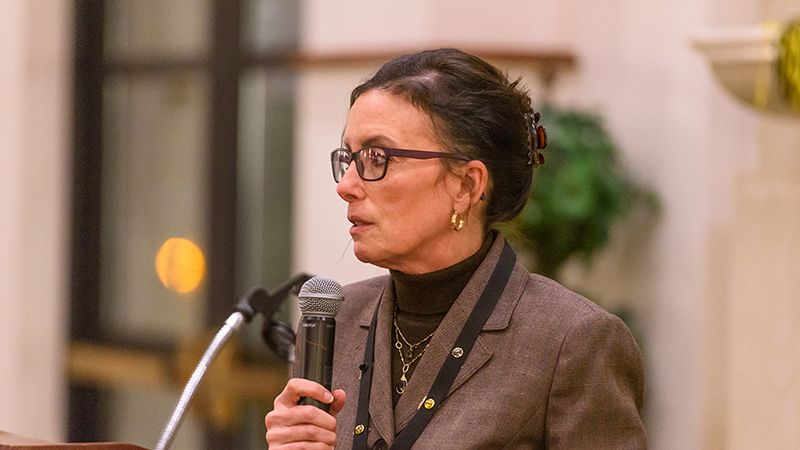
The University of Missouri School of Medicine has received two Health Resources and Services Administration (HRSA) grants totaling nearly $5 million to increase the number of doctors in Missouri and address the physician shortages in rural parts of the state.
A Missouri Hospital Association study last year predicted a shortage of up to 49,000 primary care doctors in the United States by 2030. The new grants attempt to address that gap by funding new medical programs, improving training site partnerships across rural Missouri, creating innovative faculty programs and developing a new rural residency program based in Sedalia.
The centerpiece of the two grants is a $4.2 million award over four years to fund expansion of the Rural Scholars Program, which was established in 1995 to introduce medical students to rural health care. The grant is one of just five awarded nationwide and is the largest award for rural medicine in the school’s history.
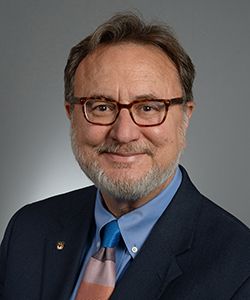
“More Missouri doctors receive their medical degree from MU than from any other institution, so we feel an urgency and an obligation to address this growing health care crisis in our state,” said Steven Zweig, MD, MSPH, dean at the University of Missouri School of Medicine. “We already have several unique programs designed to offer our medical students encounters and training in rural and underserved areas, and this grant will enhance those initiatives in new and innovative ways.”
The funds will also pay for additional enhancements to existing Rural Scholars programs:
- Bryant Scholars Program: a medical school pre-admission program for undergraduate students from rural areas who wish to pursue rural medicine
- Rural Scholars Program: a curriculum designed to offer lectures, mentoring and clinical programs to medical students interested in rural practice
- Summer Community Program: a summer session for second-year medical students that exposes them to different rural medicine opportunities
- Rural Clerkship Program: an opportunity for third-year medical students to complete up to three clerkships at rural hospitals
- Rural Scholars Elective Program: an opportunity for fourth-year medical students to complete electives in rural, community-based settings
Another key component of the Rural Scholars funding will support rural hospitals that serve as training locations for medical school students. The grant will provide each site an additional stipend for hosting and mentoring students while also offering additional opportunities for faculty training through a statewide development conference.
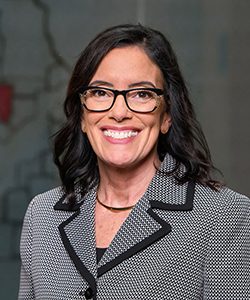
“It’s extremely difficult financially for rural hospitals to train medical students, especially when you consider the cost of lost clinic time,” Kathleen Quinn, PhD, principal investigator and former associate dean for rural health at the MU School of Medicine. “This grant will make it possible for rural doctors to bring the students in and not only teach them, but also talk with them about rural medicine and the resources available in a rural community. The physicians and students will have time for more meaningful interactions thanks to this grant.”
A second federal grant worth nearly $750,000 will fund development of a new rural scholars residency in Sedalia, where selected candidates will spend their first year in Columbia and the last two years of training at Bothwell Regional Health Center.
“Incoming residents will have the opportunity to train in a well-established successful residency program in Columbia their first year, benefit from our experience and success rates, then take the skills learned in that first year and apply them directly in the setting where they plan to practice,” said Erika Ringdahl, MD, professor of Clinical Family and Community Medicine and director of the Family Medicine Residency Program at the MU School of Medicine. “It’s really the best of both worlds for training.”
Funding for the two grants was included in the FY2019 Labor, Health and Human Services, Education and Related Agencies (Labor/HHS) appropriations bill. Missouri Senator Roy Blunt serves as chairman of the Labor/HHS appropriations subcommittee, and started both programs to address rural health care physician shortages.
“The health challenges in rural America are unique, and rural Americans are at a greater risk of poor health outcomes than Americans living in suburban or urban areas,” Blunt said. “Missouri is one of eight states set to have a physician shortage as of 2025. As chairman of the appropriations subcommittee that funds the Department of Health and Human Services, one of my goals has been to target federal investment in rural health care to make sure people can get quality health care close to where they live. Both grants help Missouri get a step closer to that goal by supporting physician training to meet rural healthcare needs.”
The HRSA grants run through 2023, but plans are already in place to sustain them even after they expire.


